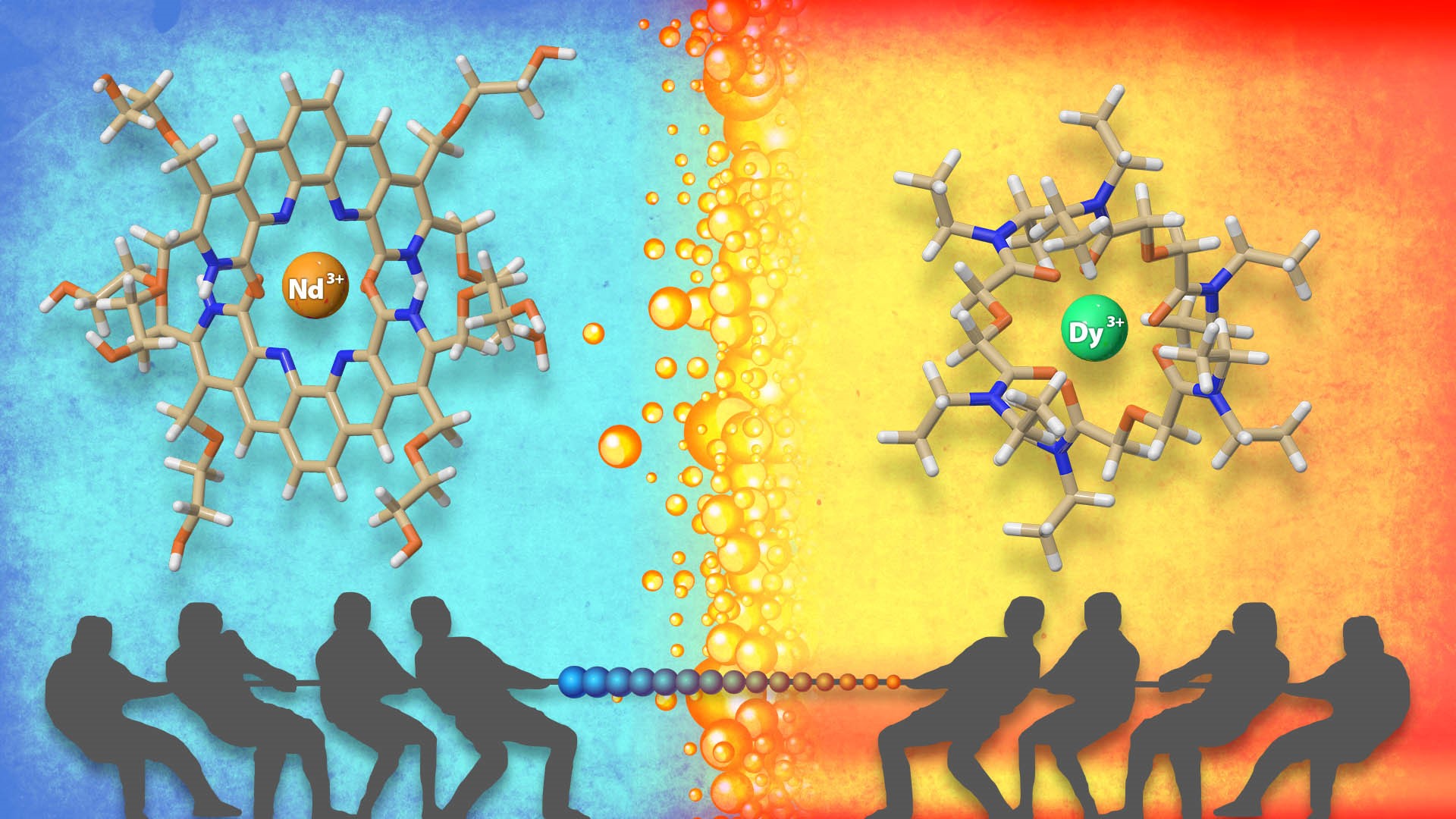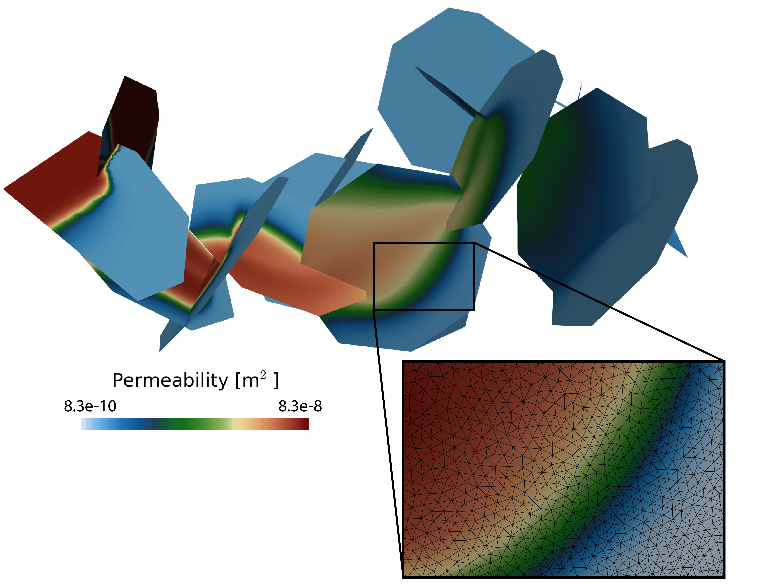Condensed Phase and Interfacial Molecular Science
The CPIMS program accepts and reviews proposals continuously under the annual Funding Opportunity Announcement entitled, “Continuation of Solicitation for the Office of Science Financial Assistance Program” available on the Open FOA page. Preproposals or white papers are strongly encouraged for all new proposals. Please contact the program manager prior to submission.
The CPIMS program emphasizes basic research at the boundary of chemistry and physics, pursuing a molecular-level understanding of chemical and physical processes in liquids and at interfaces. With its foundation in chemical physics, the impact of this crosscutting program is far reaching, providing understanding and scientific foundations underpinning a variety of areas of importance to the DOE, including clean energy, catalytic and separation processes, energy storage, chemical synthesis and manufacturing, and microelectronics. Fundamental studies of reactive processes driven by radiolysis in condensed phases and at interfaces provide improved understanding of radiation-driven chemistry in nuclear fuel and waste environments. The CPIMS program also supports efforts related to BES research priorities such as Artificial Intelligence and Machine Learning that can form the basis for new approaches to understanding science questions of interest to the CPIMS program.
Experimental and theoretical investigations in the gas phase, condensed phase, and at interfaces aim at elucidating the molecular-scale chemical and physical properties and interactions that govern chemical reactivity, solute/solvent structure, and transport. Studies of reaction dynamics at well-characterized surfaces and clusters lead to the development of theories on the molecular origins of surface-mediated catalysis and heterogeneous chemistry. Studies of model condensed-phase systems target first-principles understanding of molecular reactivity and dynamical processes in solution and at interfaces. The transition from molecular-scale chemistry to collective phenomena in complex systems is also of interest, allowing knowledge gained at the molecular level to be exploited through the dynamics and kinetics of collective interactions. In this manner, the desired evolution is toward predictive capabilities that span the microscopic to nanoscale domains, enabling the understanding of molecular-scale interactions as well as their role in complex, collective behavior at larger scales. A molecular level understanding of complex molecular systems is sought, capturing the essence of chemical behavior, knowledge of the main molecular-level driving forces behind the behavior, and discovery of universal principles that can be applied more widely.
The CPIMS program has recently considered new thrusts related to the above program interests. For example, new interest has grown in Systems Chemistry, for which energy is provided to dissipative systems at the molecular level, seeking to understand how interacting molecular networks can lead to emergent reactive behavior. Examples include reaction-diffusion systems, positional information, compartmentalized reaction networks, substrate-induced reactive systems, chemical replication, and the chemical dynamics of nonequilibrium catalysis. The CPIMS program continues a recent emphasis on chemistry at the boundaries of condensed matter physics including interfacial chemistry of topological materials, and interfacial reactivity and charge transfer at interfaces of van der Waals materials. The CPIMS program also continues the recent emphasis in the molecular origins of rare chemical events, including examples such as nucleation, or instances of accelerated reaction rates in microdroplet chemistry.
The CPIMS program does not fund research in mechanics or dynamics of bulk fluids, technological applications, nor device development.
To obtain a more detailed description about this research area, please see the proceedings of our Principal Investigators' Meetings. To better understand how this research area fits within the Department of Energy's Office of Science, please refer to the Basic Energy Science's organization chart and budget request.
Other questions about this research area should be addressed by email to the Program Manager, Dr. Gregory Fiechtner.
PI Research Meeting Books
The CPIMS program has held 15 meetings of the principal investigators. The meeting books contain an abstract corresponding to each project that is supported by the CPIMS program at the time of the meeting. Therefore, the books provide an informative snapshot of the program in time. You can download the six most recent books here:



